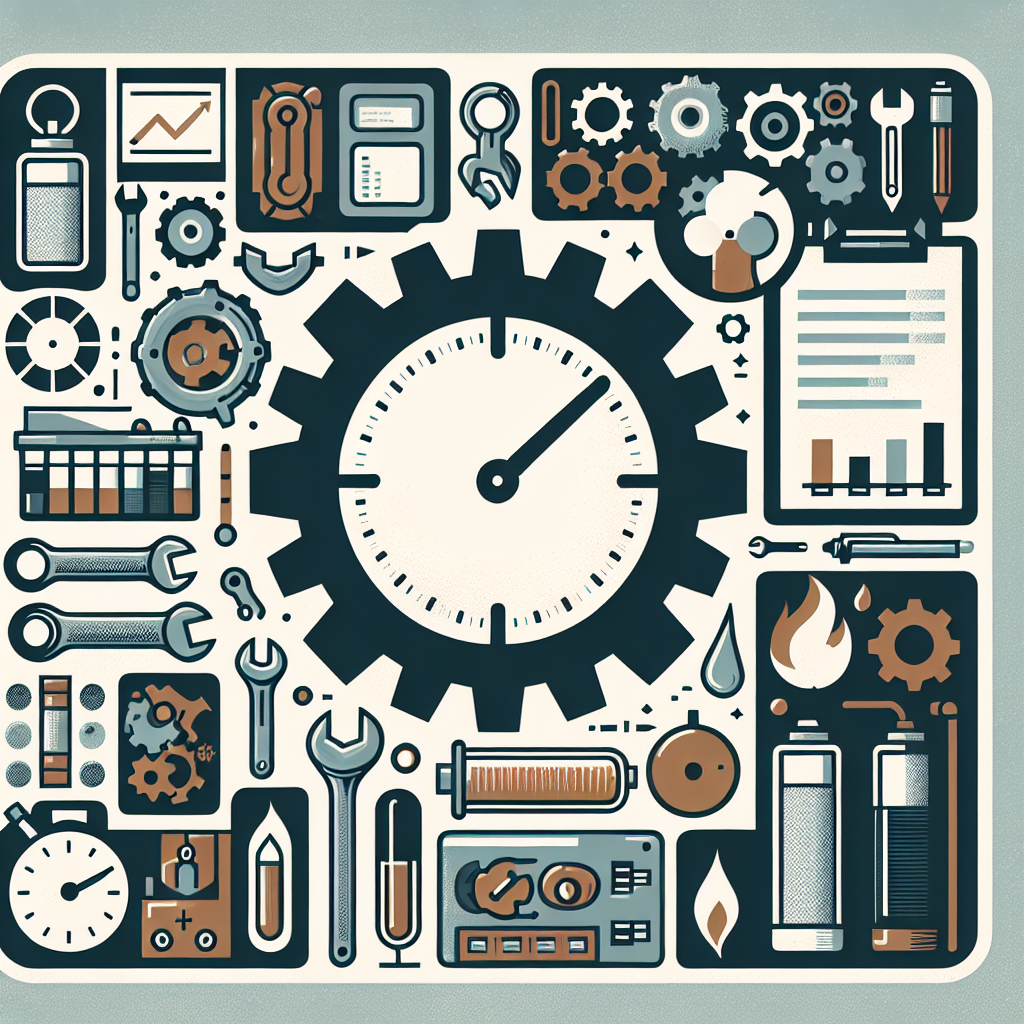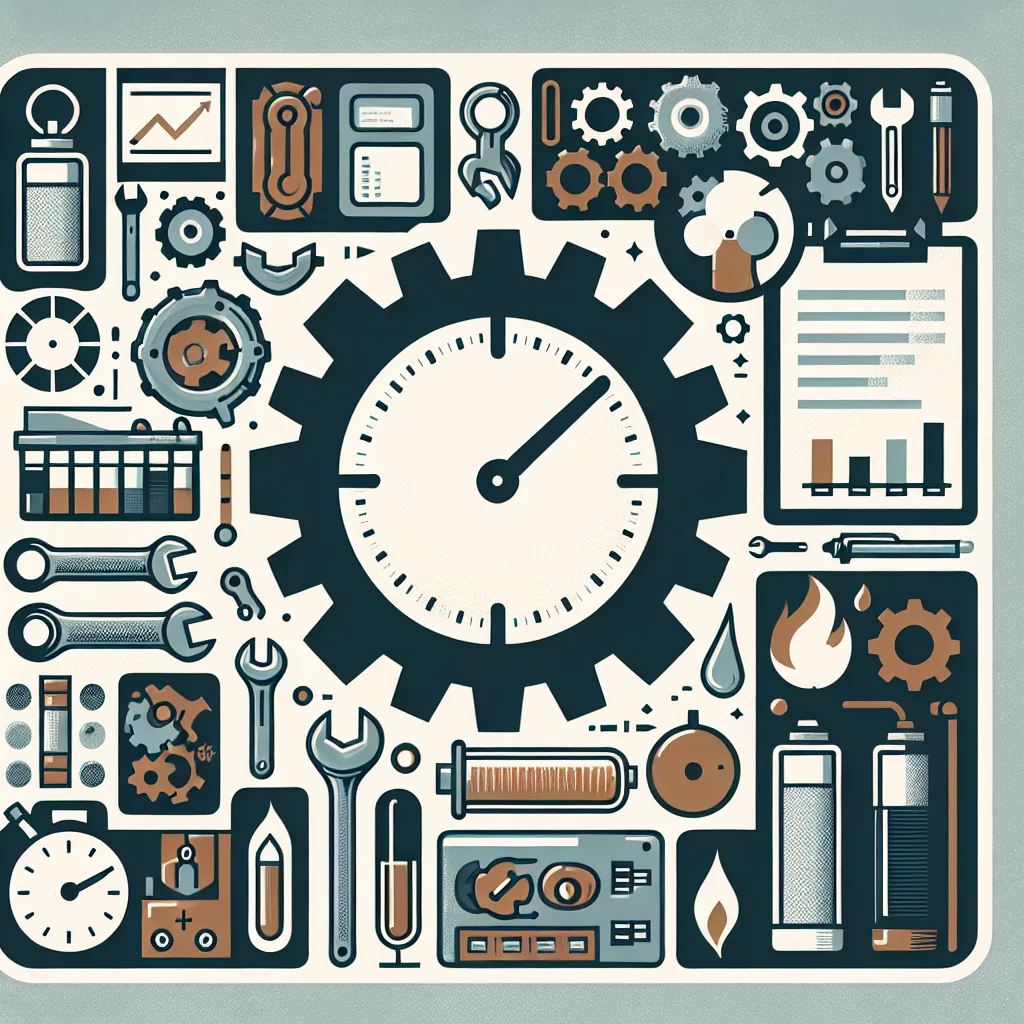Service Engineers face a unique blend of technical challenges and high-pressure demands, putting them at significant risk for occupational burnout.

- Frequent travel disrupts work-life balance.
- Work involves high-stress emergency responses.
- Long and unpredictable working hours.
- Exposure to complex technological challenges.
- Pressure to meet stringent client expectations.
- Isolation from other team members.
- Minimal opportunities for career advancement.
Current statistics on career burnout for Service Engineers indicate a moderate level of severity.
Reasons Service Engineers burnout
According to the science to date there are key reasons people burnout at work. Here’s our top reasons why Service Engineer in the Technology category has a burnout risk of Moderate:
The role of a Service Engineer can be both fulfilling and taxing. One primary reason for burnout in this role is the high-stress environment. Service Engineers often work under tight deadlines and pressure to quickly resolve complex issues, which can contribute to prolonged stress.
Long hours are another contributing factor. It is not uncommon for Service Engineers to work late nights and weekends to meet client demands or respond to emergencies. This work-life imbalance can lead to chronic fatigue and burnout.
Frequent travel can also take its toll. Many Service Engineers have to travel extensively to client sites, which can disrupt personal relationships and contribute to a sense of isolation.
The demand for continuous learning is yet another challenge. As technology evolves, Service Engineers must constantly update their skills and knowledge, which can be exhausting over time.
Additionally, limited resources can exacerbate stress. Engineers might often feel they lack adequate tools, support, or personnel to efficiently tackle their workload, leading to frustration and burnout.
Finally, customer interactions can be stressful. Dealing with irate or dissatisfied customers can be emotionally draining, especially if support issues are complex or unsolvable within desired timeframes.
Understanding these stressors can help you better manage and mitigate burnout in a Service Engineer role, improving your long-term wellbeing and job satisfaction.
Burnout rate data for Service Engineer/Technology
Burnout in the career role of Service Engineer, particularly in the technology industry, is a growing concern. Reputable sources indicate that the demanding nature of these jobs, characterized by long hours and high-pressure environments, often contributes to burnout. Studies by the World Health Organization highlight the increasing prevalence of burnout globally, which can be extrapolated to this sector.
The International Labour Organization also reports that technological roles, like service engineers, are often affected due to the constant need for rapid problem-solving and adaptation to new technologies.
For more detailed information, you might find the research and data published by reputable organizations like the American Psychological Association insightful (https://www.apa.org), or visit research articles on the PubMed database (https://pubmed.ncbi.nlm.nih.gov) that specifically address occupational burnout in technology-related fields.
Do you have experience of Burnout as a Service Engineer or in Technology?
Share your story about Service Engineer burnout on our share your story page.
Burnout in Technology
Career Burnout Rates > Burnout in Technology > Service Engineer Burnout


